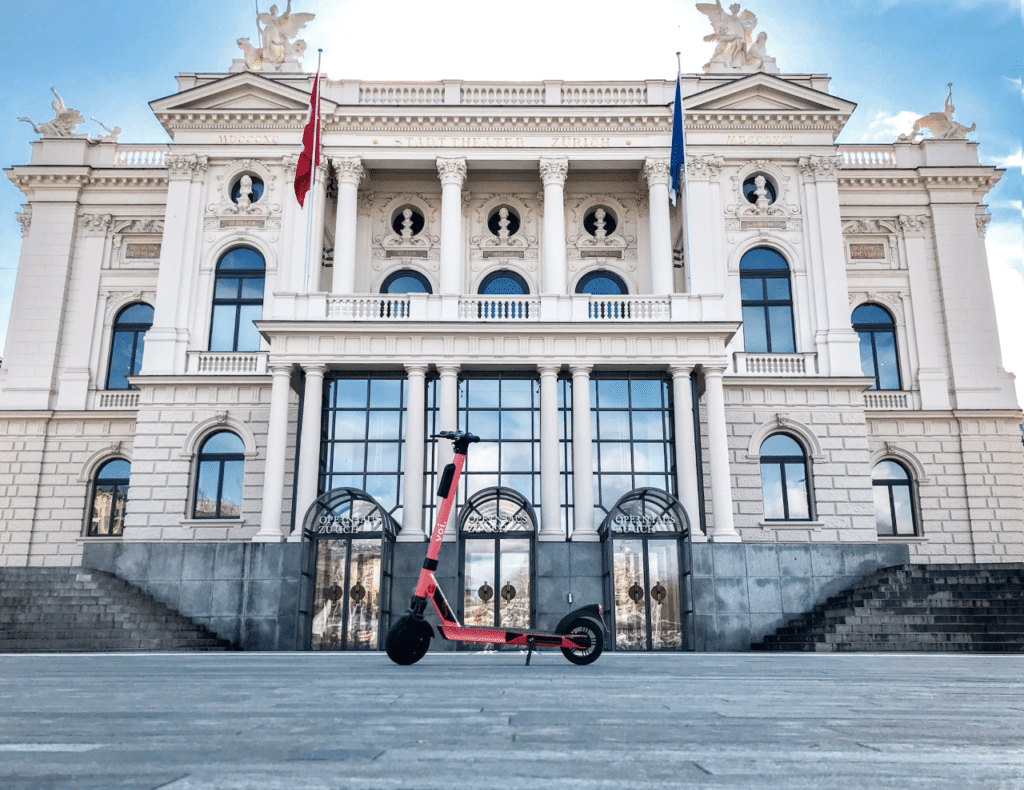Opportunity Knocks: Micromobility during COVID-19
Kristina Nilsson discusses the role and responsibility of micromobility operators in the COVID-19 crisis
Micromobility will be more vital than ever to the new world after the pandemic and we are delighted that this has been recognised by the UK government, with Secretary of State for Transport Grant Shapps recently unveiling a £2bn package to encourage walking, scooting and cycling and accelerating pilots of e-scooters on UK streets, with a view to making them legal. A recent Life Cycle Analysis that was produced by Ernst & Young showed that uptake of this type of e-sharing vehicle is four times higher than ride-hailing and e-bikes. The UK was one of just three countries in Europe not to allow this new accessible form of transport on its streets. It is great to see that residents of the UK will soon be able to make their own choice.

An e-scooter dock: “Micromobility will be more vital than ever to the new world after the pandemic and we are delighted that this has been recognised by the UK government”
We firmly believe that e-scooters can bring innovation and flexibility to the post-crisis transport solution and Swedish e-scooter company VOI intend to participate fully in trials as soon as they are up and running.
Working collaboratively and in partnership with cities is in our DNA. We have urged cities to be proactive and regulate, helping the cities of Stockholm and Bremen draft a Letter of Intent for all e-scooter operators. We applaud the steps taken by cities in France and are urging other cities to follow suit in a more regulated approach to micromobility in the form of tenders. Even though e-scooters have not been legal in the UK we have worked closely with Transport for London and authorities including Manchester, Newcastle and Bath, explaining to them how e-scooters can help people get around in their unique city centres


